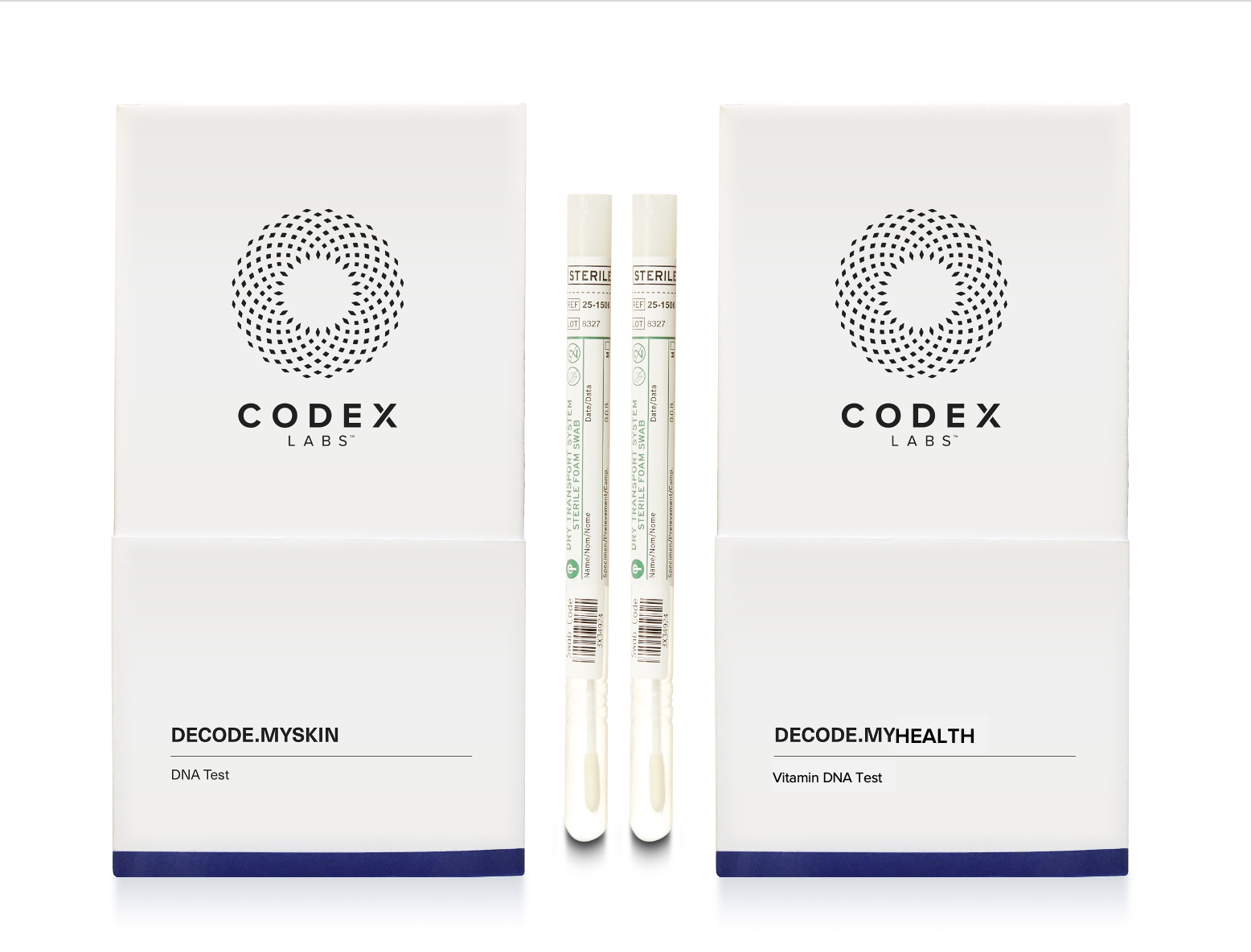
Codex Labs To Become A Telehealth Company
Founded in 2018 as a science-driven skincare brand, Codex Labs is transforming into a telehealth company.
It’s slated to launch virtual dermatology platform SGBNet next year connecting people to medical practitioners, including conventional dermatologists, psychodermatology specialists, naturopaths and gastroenterologists, with holistic views of skin health. The move will put Codex Labs in the teledermatology field competing with companies such as Hims & Hers-owned Apostrophe, Curology, Musely, Dermatica, Derm to Door and Skin+Me.
“We would like to become the largest dermatology platform in the United States. Apostrophe had about 20 dermatologists to get to $20 to 30 million in revenue, and that’s where we plan to just start,” says Barbara Paldus, CEO of Codex Labs. “We stand for anybody with a skin problem who can’t get access to a dermatologist and wants answers.”

As a step toward its transition to becoming a telehealth company, Codex Labs has released two DNA tests in kits it dubs Decode DNA Kits. One kit, Decode.My Skin, assesses skin conditions. The other kit, Decode.My Health, assesses vitamin deficiencies. On deck for Codex Labs is an artificial intelligence tool called DermSCORE integrated into its telehealth platform that monitors acne lesions over time to examine the effectiveness of skincare and supplement routines. Eventually, Codex Labs plans to have a wide range of skin, gut and neurotransmitter tests along with an expanded array of over-the-counter topical skincare products and supplements.
Paldus says, “We are going to become the Codex of the skin, gut and brain. To really get the patient fully on the way to healthy, you need to address those three things.” She adds, “We believe that the traditional dermatology approaches to treating skin conditions rely too heavily on antibiotics, steroids and tretinoin, which in the long run affect the overall health of the individual and oftentimes leads to dependency like steroid withdrawal syndrome in the case of eczema, which is even worse than the disease. We believe there needs to be a new approach to dermatology that is integrative and addresses the root cause of skin conditions.”
“We would like to become the largest dermatology platform in the United States.”
Codex Labs’ Decode DNA Kits are priced at $275 each, an amount that covers a 30-minute session with a genetic counselor along with the DNA test. Paldus notes that the session is double the length of the average dermatology visit in the U.S. To protect test takers’ privacy, Codex Labs doesn’t share their data with third parties. Only prescribing doctors know the name of the test taker. The test lab simply receives customer and test kit numbers.
“Ancestry is about your genetic family tree. Longevity plays like SelfDecode are a broad sweep. 23andMe is looking for big diseases like diabetes and cancer. Our tests are very specifically geared toward skin: acne, eczema, rosacea and psoriasis,” says Paldus. “It also will tell you how you are going to age and how much hyperpigmentation and wrinkling you are going got develop and how your body is fighting inflammation, which is really chronic aging.”

Doctors on Codex Labs’ telehealth platform will be able to prescribe solutions from both Codex Labs and outside of it. Paldus points out there are about 13,000 U.S. dermatologists serving some 330 million Americans, and they tend to be concentrated in sizable metropolitan areas, leaving plenty of room for telehealth in less populous areas. She points out, too, that an estimated 100 million Americans suffer from either acne, eczema, psoriasis or rosacea or a combination thereof.
Comparing Codex Lab’s telehealth platform to a “dermatology marketplace,” Paldus explains that doctors on it “create an account and set their hours, and patients can find practitioners that they feel comfortable with. Somebody might want a female dermatologist. Somebody might want an African American dermatologist. They will find them according to the state they are licensed to practice in, and they can be licensed in up to 12 states.” By the end of next year, the platform is expected to be compliant with Medicare.
“We believe there needs to be a new approach to dermatology that is integrative and addresses the root cause of skin conditions.”
For practitioners, signing up with Codex Labs can offer a business avenue that doesn’t channel them into a private equity-owned clinic chain or managed care system. In those environments, Paldus says, “They are concerned about the quality of care and the quality of time spent with their patients just like any other doctor is when they start being part of an HMO. This provides an alternative for the kind of care they want to provide or down the road they don’t have to be part of the larger conglomerate.”
Codex Labs will charge what it describes as minimal transaction fees to generate revenues from its telehealth platform. Paldus says, “We hope to become the Amazon of integrative dermatology. How does Amazon make money? It’s the processing. There are platform fees to belong to the platform for the vendors, and they take a commission. We will provide the full telehealth infrastructure just like Amazon has warehousing and shipping.”

Codex previously assembled a collection of retailers like Saks Fifth Avenue and Bergdorf Goodman carrying its skincare products, but this year pivoted away from beauty retail distribution to selling via dermatology clinics and aestheticians’ practices in the European countries Slovakia, France, Germany, Austria, Ireland, United Kingdom and Czech Republic. Paldus reports the company registered 600% sales growth in Europe and is profitable in the region. She says, “We have basically become a professional brand.”
Paldus, managing director of investment firm Sekhmet Ventures as well as CEO of Codex Labs, says it’s taken $10 million to shift Codex Labs to telehealth. Although she declines to divulge its exact revenue target for 2024, she divulges its sales could increase 500%. The company has focused on acne products of late and introduced three OTC acne products with salicylic acid this year in its Shaant acne collection: $25 Spot Hero, $35 Pore Purifying Face Scrub and $35 Hydrating Body Scrub.





Leave a Reply
You must be logged in to post a comment.